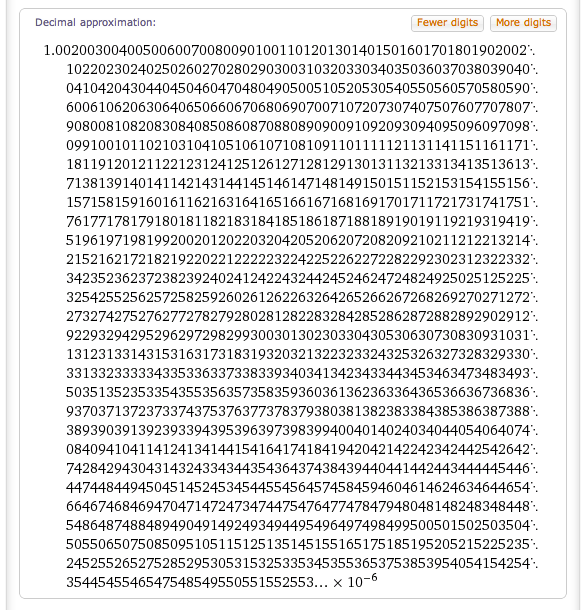Note that the title is “get more money”, not “earn more”. I can’t make you better at your job, my aim is to get you better rewarded for it. You are worth what you can get, not a penny more or less. In negotiations it is useful to use the word “fair” so that the other side doesn’t feel too blackmailed, but never kid yourself that it means anything.
…
One serious programmer explained to me that “if the system goes down for 30 minutes, you’re incompetent. Bring it back after five hours and you’re a hero”. They key here is that you’re making a difference when it hits the fan, that’s not someone they want to lose.
…
How do people know if what you’ve achieved is great? Even if you work for Capita, you occasionally actually finish something useful so you must let people know. The logic is simple: if you invite a bunch of people for a quick beer to celebrate the completion of the data ingest module, then it must be good. The fact that it’s a VBA macro to import CSV files into Excel is not the issue, the message is that it’s working great. Each victory over the formless hell of Oracle is worthy of you picking up a box of chocolates from the supermarket and sharing them with people passing your desk. The £10 cost pays back very well as you build up an aura as “someone who gets things done”.
via You’re crap and paid too much for the little work you actually do • The Register.
I… I have no words. Where to start?
I’m not entirely sure if this article is just taking the piss or offering serious advice to programmers and other IT staff. The advice all seems sound in theory, and following it should make you “get more money” for the work you do, but, I mean, following it as if you life depended on it (i.e. all the time, all day, every day) would just make you somewhat of a jerk.
